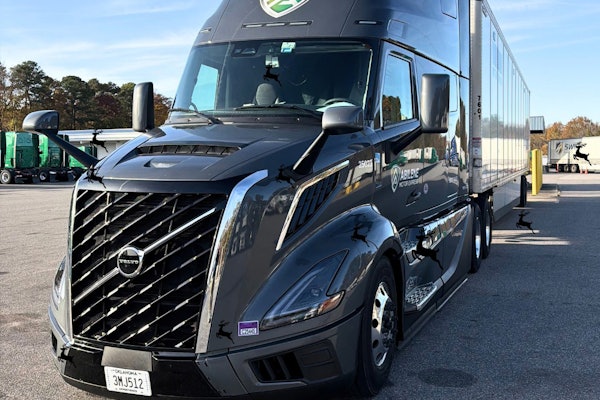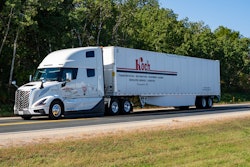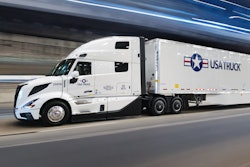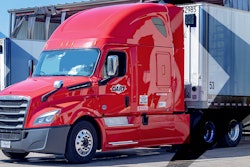One of the more challenging decisions facing a fleet owner is whether to buy or lease trucks, trailers and other equipment. Programs vary greatly, and what seems like the best choice from a cash flow standpoint may not be your overall best financial decision.
To determine what’s best for you, start by understanding some basics about leasing. Once you can separate some of the myths from reality, you can work intelligently with your company accountant or CPA to determine the smartest approach.
Don’t assume that leasing always wins the tax contest. Most people accept that when you lease, you deduct from your profit-and-loss statement and tax returns the full monthly payment. They also know that you capitalize the equipment purchase by placing the truck and related debt on your balance sheet, calculating and deducting depreciation and deducting interest expense.
Many business owners like the simplicity of deducting the amount of the lease payment. But the truth is, each prospective lease contains its own intricate combination of terms. Comparing a lease and purchase of the same asset apples to apples takes some fairly sophisticated analysis. Tens of thousands of dollars ride on the right choice.
Dollar-for-dollar tax deductions for lease payments are not always best. Buying can have some sizable up-front tax benefits relative to leasing. And the new tax law signed by President Bush in late May makes purchasing assets even more attractive over the next couple of years.
Sometimes leasing is really buying. In the fine print of many leases are terms that make them essentially a purchase – especially if you own the truck at the end of the term, or if you have the right to buy the truck for a “bargain purchase” relative to its real value, say for $100.
These are known as capital leases and most likely for your financial statement purposes – and maybe your income tax return purposes – must be put on the balance sheet and depreciated. However, with certain leases that are a cross between the two, you can make some tax elections to treat the lease the way that benefits you the most.
If you have agreements with your lenders, known as loan covenants, you have a new wrinkle to your decision. I have seen people unknowingly hinder their future borrowing ability by having capital leases added to their financials and negatively impact the debt-to-equity ratio with their lenders.
Make the decision systematically. Because every decision you make to acquire equipment can be a lease-versus-buy decision and every decision is unique, you need to set up a methodology to make the choice. Most financial pros will tell you that you would have at least two cases in each decision – the “lease case” and the “buy case.” Further, within each case you have the “cash flow” calculation, and the “net present value” calculation. While cash flow is important, the real apples-to-apples view happens when you compare the net present value of each case. You will need either an accountant or special software to run such an analysis.
Suppose you are trying to decide between purchasing a $100,000 tractor and trailer that you can buy with $10,000 down or leasing the same equipment for 36 months at $3,000 per month with the opportunity to buy it for $8,000 at the end of the term. How do you choose?
In this case, your monthly payments probably would be similar – say about $2,800 monthly on the loan versus $3,000 on the lease. With the lease, you don’t have to come up with the down payment, and that helps cash flow. But given these particular assumptions, leasing will cost $4,000 more than buying on a net present value basis, even considering the tax benefits. Repeat this for dozens of tractors and trailers and you are talking about serious money.
Weigh non-cash considerations. As the leasing industry has matured and customers have become more sophisticated, leasing and buying have become much closer financially in many cases. In those situations, non-financial factors may sway your decision. Those considerations might include the flexibility you have in choosing depreciation methods when buying or lease limitations or residual values that may come into play when trading or selling the truck at the end of the agreement. But it all still comes down to crunching numbers.








